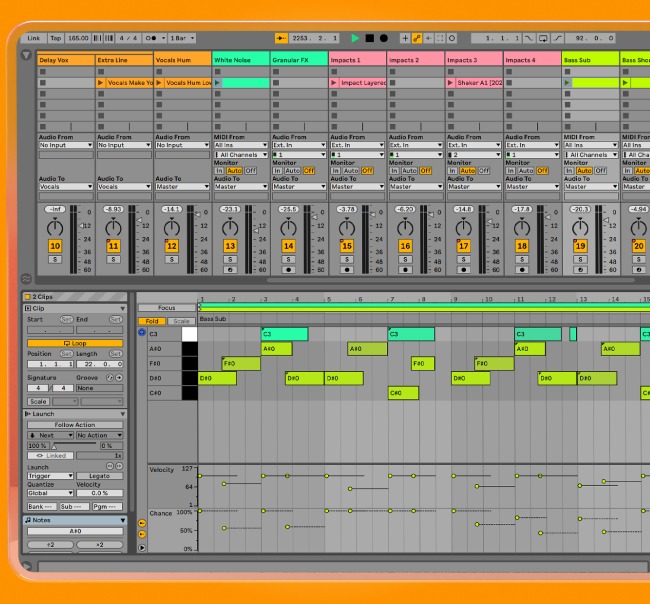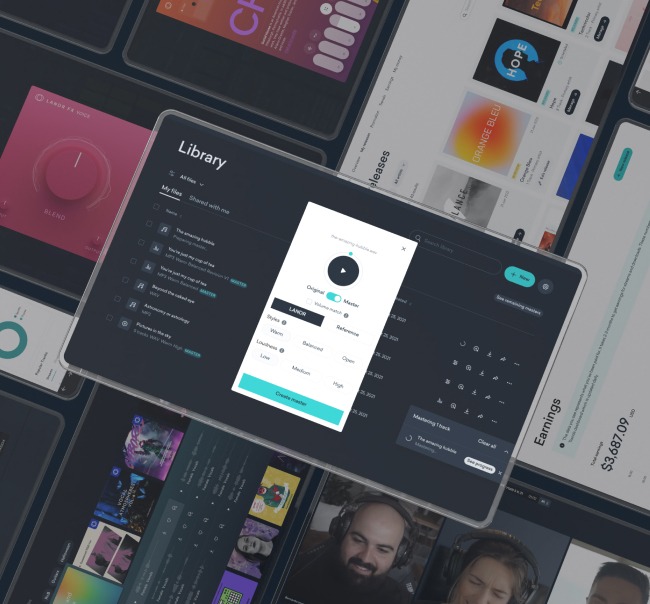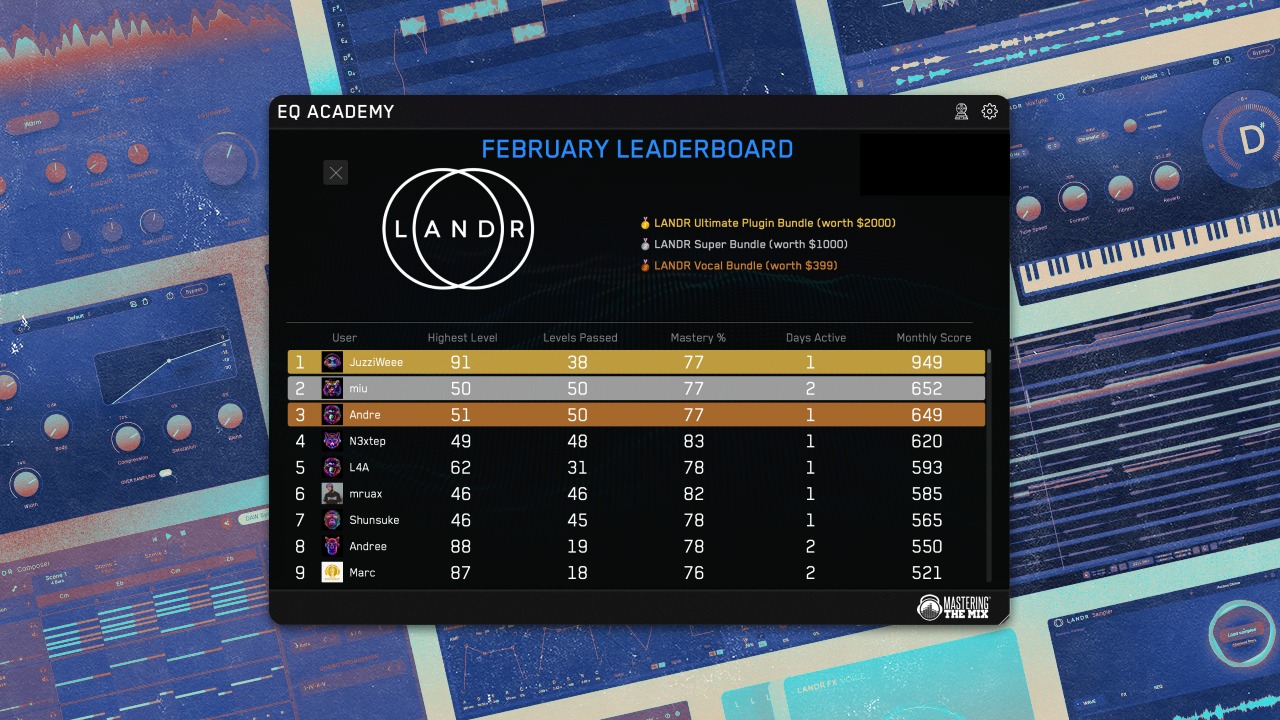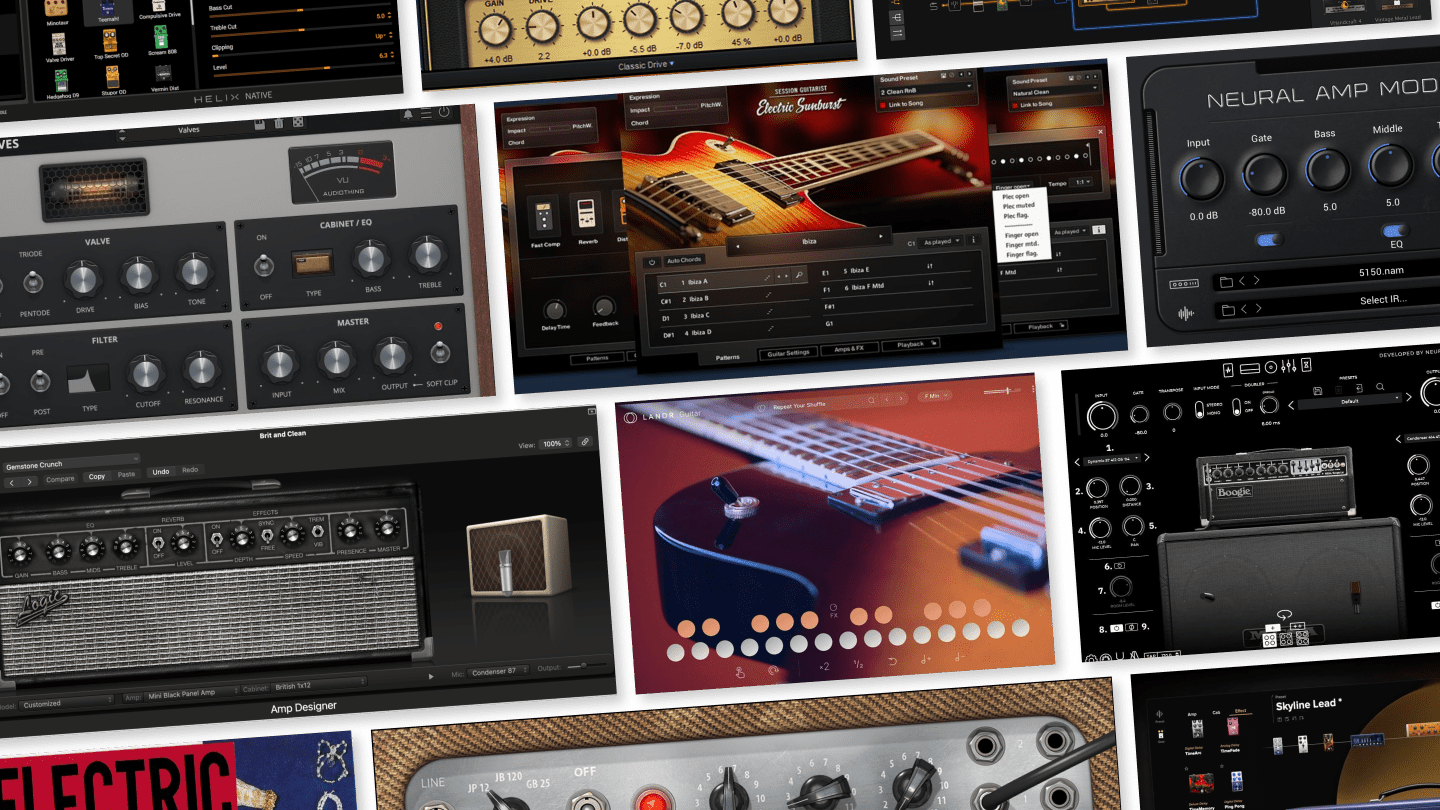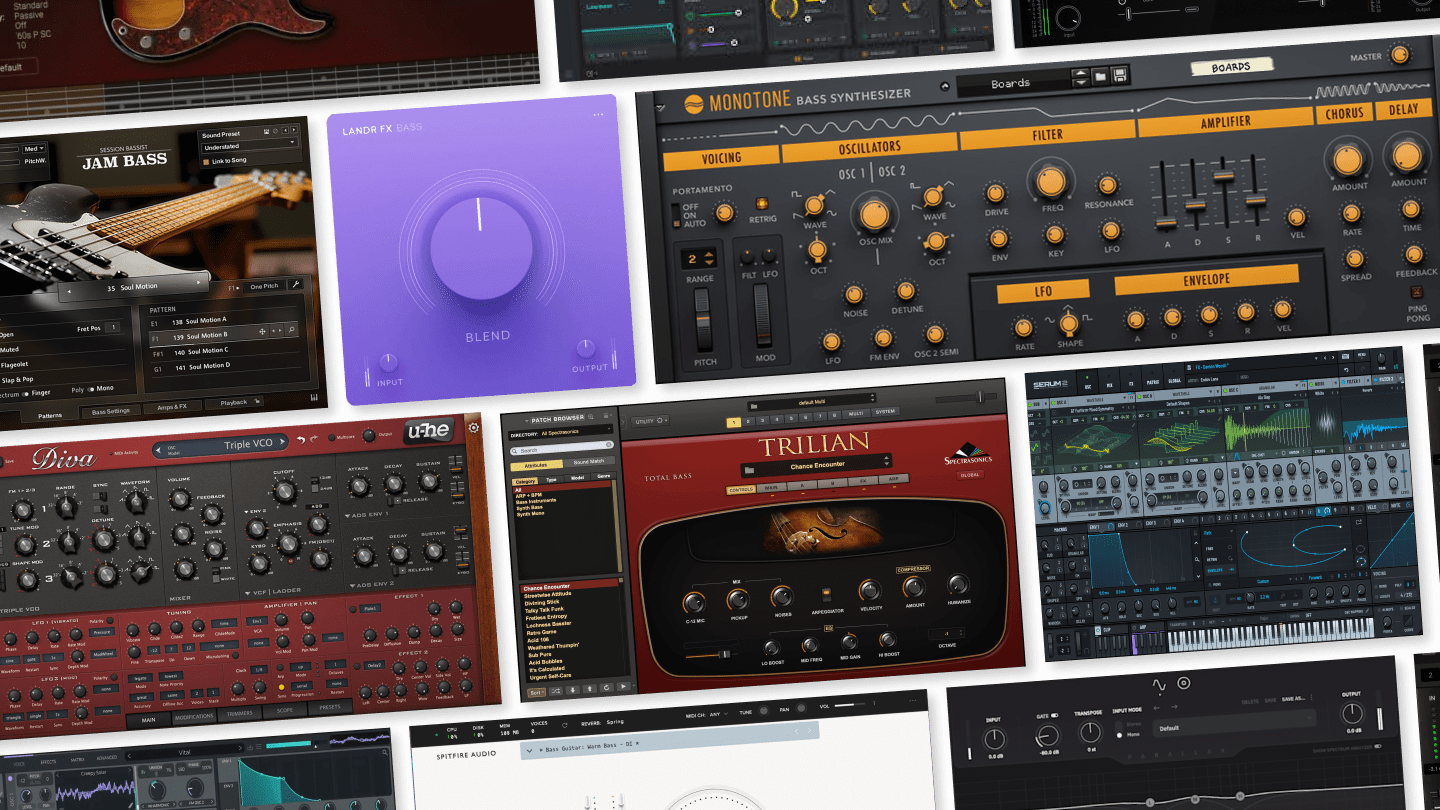
7 Things I Wish I’d Known When I Started Producing Music
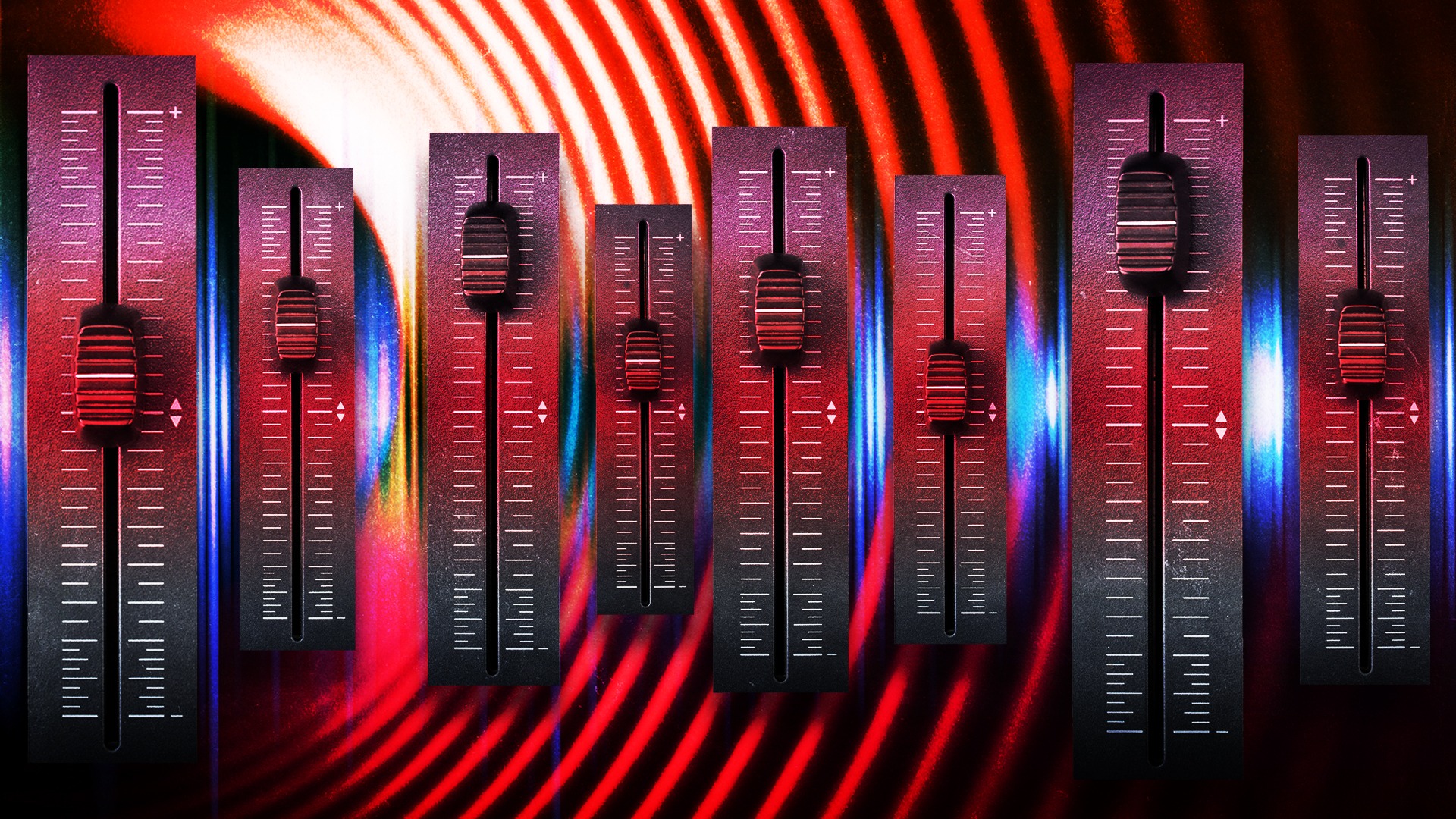
If you’ve decided to start producing music, you may feel like you’re at the bottom of Mount Everest.
It’s true that there are many aspects of music production that will take time to learn from songwriting to music theory, sound design, drum programming, mixing mastering and beyond.
But the good news is that with a few affordable and easily acquired pieces of gear, you have all the knowledge and tools to start making music that’s authentically you at your fingertips.
That’s why we’ve put this article together, to help anyone who’s feeling overwhelmed avoid pitfalls and get started on the right track.
Here are 7 things you should know before you start producing music.
1. Just pick a DAW and learn how to use it
Don’t spend too much time worrying about which DAW to start making with, just pick one.
Pick a DAW that best suits the genres you naturally want to work with, but know that every DAW works perfectly well for making every kind of music.
Most DAWs generally do the same thing. However, the workflow and tools they offer may differ slightly.
The key is to pick a DAW and commit to learning its unique workflow, quirks and capabilities.
No DAW is perfect, but all of them have gotten much better, considering that most DAWs have been in development for decades.
We’ve written a lot on the best DAWs for beginners in past articles, but as a rapid-fire refresher, here’s our top five DAWs to choose from:
- Ableton Live: Best for creativity and electronic music
- GarageBand: Free with Mac OS, will set you up to use Logic Pro
- FL Studio: Best for trap and hip hop producers
- Reaper: Open source and inexpensive for Windows users
- Steinberg Cubase: Known for its deep customizability
Any DAW is a good DAW to start with, just pick one and commit to learning it.
2. Don’t wait to get all the “right” gear
Yes, you will need gear as you get further into music making.
But if you have a laptop or smartphone and some headphones, you can start producing music right now.
Don’t wait till you’ve saved up enough money to get an audio interface, a MIDI controller, software and headphones.
Just grab a free DAW app like GarageBand iOS or any of the many free apps for smartphones and make something.
Eventually, you will add to your gear stash and improve your music-making process to keep you excited and inspired.
But there’s no reason to delay getting into music making. Use the tools at your disposal and you’ll know exactly which gear is the next most important piece to add.
3. Start learning a real instrument
If you can, try to learn a real instrument.
Having music-making knowledge outside of “the box” (your computer) is invaluable to your journey as a producer.
If you can, join band class, pick up an inexpensive guitar and take online lessons or get a pair of drumsticks and a practice pad.
It’ll take discipline and commitment to practice and learn, but the underlying music theory and musicianship you’ll acquire is guaranteed to help you produce better music.
4. Protect your ears!
Here’s a simple one: use earplugs! You will be around loud audio sources the longer you stay in music production.
So protect your ears at live events, when you practice loud instruments or jam with a band.
As someone who could have done more to protect my ears, I can tell you that, without proper protection, you’ll eventually get tinnitus no matter how invincible you feel you are right now.
Take care of the most important asset you have as a producer!
5. Dive into a vast library of YouTube tutorials
There are so many tutorials, think pieces and helpful advice videos on YouTube right now, especially when it comes to music production.
If you’re getting started with a DAW or desire to learn any technical aspect of music production, it’s more than likely that you’ll find exactly what you need to know on YouTube.
Dive into every guided tutorial you can find for your DAW of choice, find creators you like on YouTube and subscribe to their content.
Even if you can’t find what you need on YouTube, Google it or start a dialogue with ChatGPT.
All of these resources can be incredibly useful when learning to produce music, so get help where you need it and don’t let roadblocks stall you.
6. There’s a lot to learn, but not all at once
There are a ton of things to learn, from music theory to songwriting, lyric writing, arrangement, recording, mixing, sound design, compression, EQ, automation, mastering and beyond.
It never ends. But that’s totally okay. Start with the basics, set reasonable expectations for where you’re at and you won’t get overwhelmed.
If you’re a beginner, stick to basic tutorials until you’ve mastered the easy stuff. By then, you’ll likely know what you need to learn next.
Trust the process and understand that it takes time to get good at producing music, no matter how much raw talent you have.
7. Enjoy the journey
Music making is a lifelong pursuit. It can take years to make a track you’re proud of, or it could take one day.
The key is sticking to it, developing your sensibilities and slowly getting comfortable with creating your sound.
Finish a song, live forever
Unlike other things in life, the art we make lasts forever.
When you make something truly authentic to you, you’re cementing an entry into the canon of all music that’s ever been made.
Pretty special, right? So make something you love, try your best and put your whole heart into it.
When your music is finished, it’ll carry on forever.
Gear guides, tips, tutorials, inspiration and more—delivered weekly.
Keep up with the LANDR Blog.

